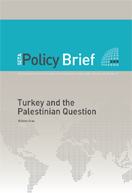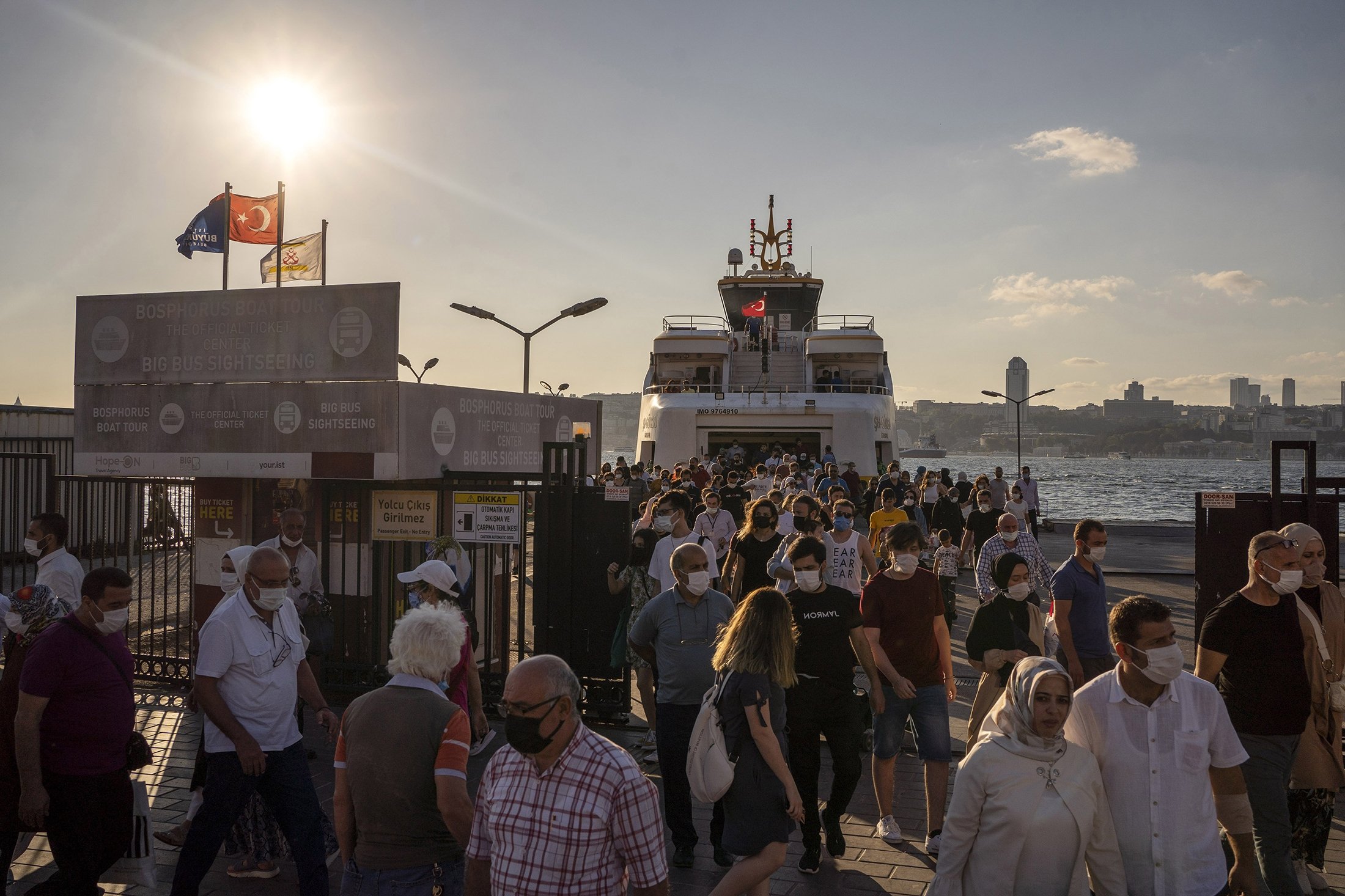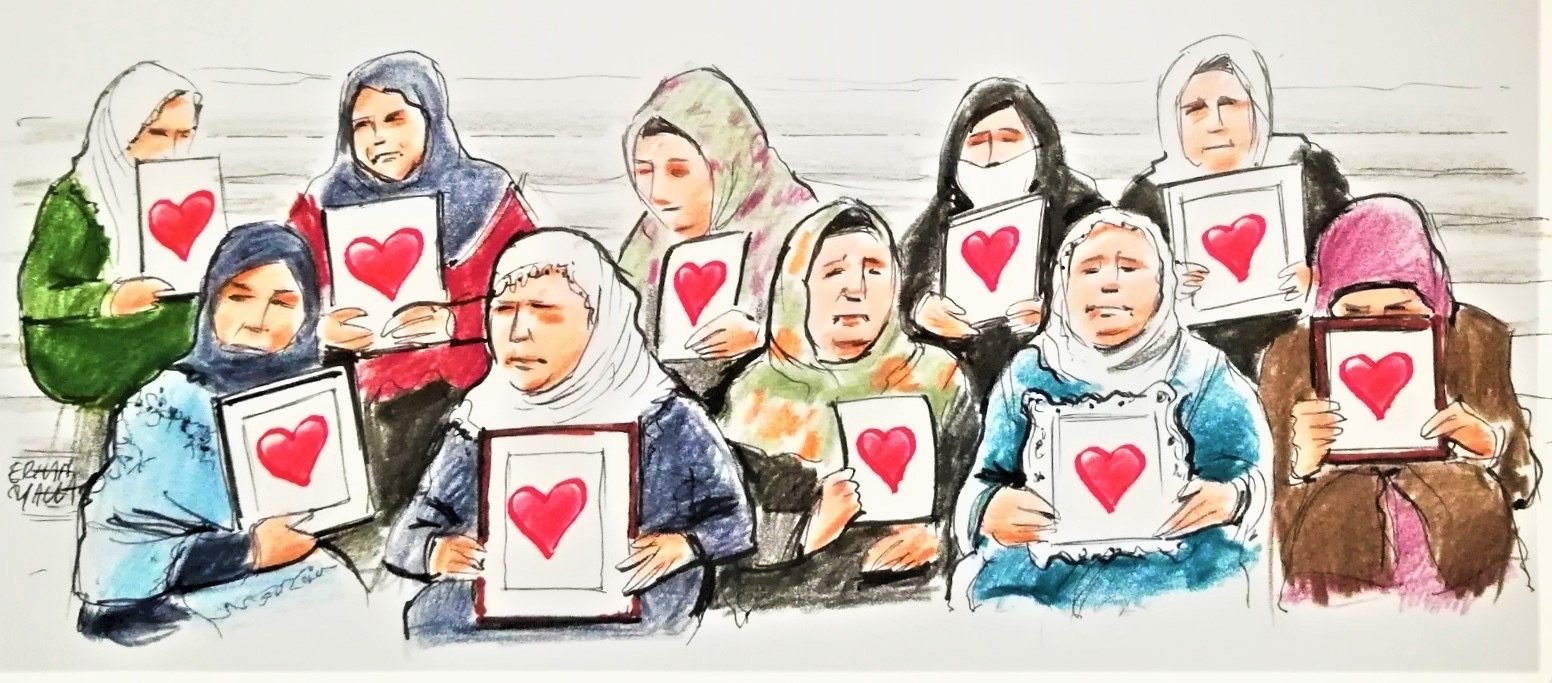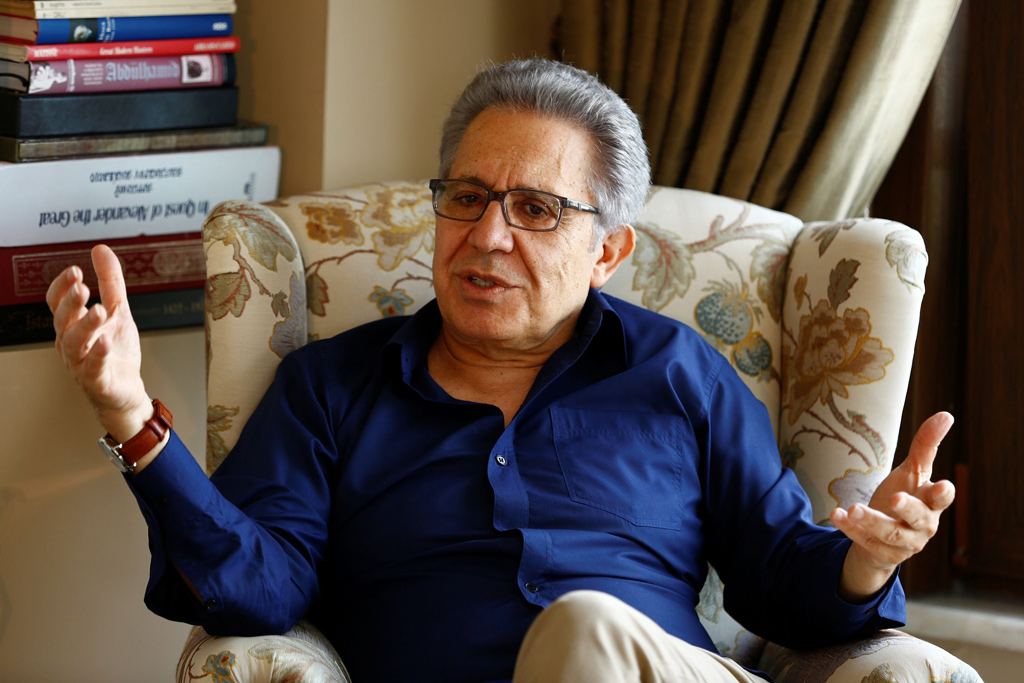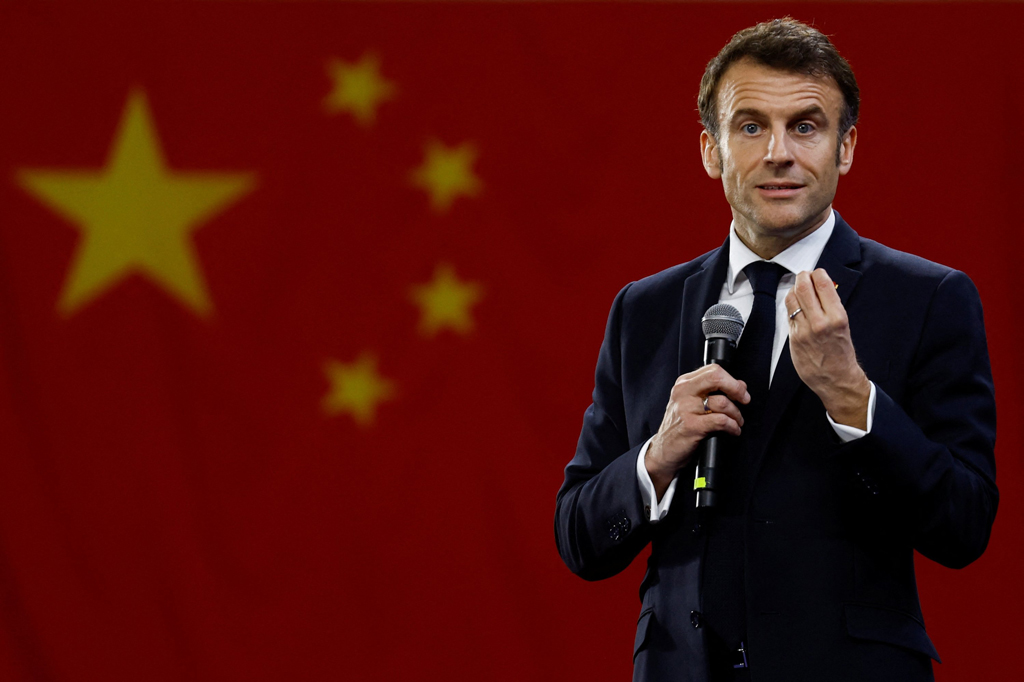The armed forces have always occupied a central place in Turkey’s political agenda. The EU reform process is contributing to a more democratic framework of civil-military relations. Nevertheless, although Turkey follows Democratic Control of the Armed Forces (DECAF), the military still influences civilian governments through various and innovative means.
There seems a Turkish version of DECAF that grants a privileged position to the military in the making of security policy. The presidential elections had been a medium for both the military’s involvement in politics and the civilian reaction against this involvement. Civil society organizations, the media, and business circles alike gave significant support to the ruling AKP in its standoff with the military. It is only recently that resistance to the ‘regime guardianship’ role of the military has emerged.
**** The armed forces have always occupied a central place in Turkey’s political agenda. The military has long enjoyed the privilege of an autonomous position because of its role as guardian of the unitary Republic, secularism and Kemalism. On the basis of its definition of ‘national security’ and ‘threats,’ the Turkish military sets the agenda of security, and enlists internal and external mechanisms to support that agenda. Kurdish nationalism and Islamic groups have been perceived as the main internal threats since the 1980s. In continuum with its role as guardian of democracy, secularism, and national unity against Islamist, ethnic separatist, and sectarian challenges, the military has intervened in politics several times either by way of traditional and direct methods such as the coup d’état (i.e.the interventions of 1960, 1971 and 1980) or new, indirect and postmodern methods such as posting digital memorandums and seeking civil society support in the last decades. For example, on the 28th of February 1997, the military pressured the Islamist-led government (the coalition of the Welfare Party and the Truth Path Party) to resign and allowed another civilian government to take power. The traditional role of the military in civilian politics as a key actor in Turkish political life has naturally restricted Turkey’s democratic options, and limited Turkey’s bargaining position in its EU bid. Turkey has traditionally regarded its military as strength in international organizations such as NATO. Yet in the EU accession process, the Turkish military has come to be considered a weakness. The questionable democratic ‘control’ of the armed forces (DECAF) in Turkey has received criticism from European circles; the military sphere has become a domain where action must be taken as part of the fulfillment of the Copenhagen criteria and is hence part of EU membership conditionality....(download full report)

